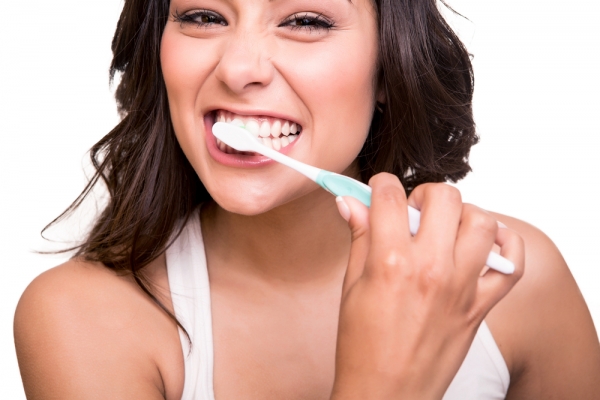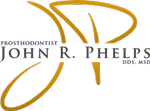Dental Hygiene & General Health
Implant, Esthetic and Reconstructive Dentistry

The office of Dr. John Phelps, DDS MSD PC believes in the importance of good oral hygiene to maintain a healthy mouth and help prevent other serious health issues in the body. Establishing a routine of proper dental hygiene not only keeps your teeth and gums healthy, but also helps prevent costly future dental work and consequences that can negatively affect your physical and emotional well-being. If you live in the Indianapolis area and wish to learn more about proper oral hygiene techniques or want to visit an experienced dentist for cosmetic or general dentistry, contact us at 317-818-9858 to schedule an appointment today.
Health Effects of Dental Hygiene
- Tooth decay and loss
- Gum disease
- Respiratory illness
- Diabetes
- Heart disease
- Stroke
- Low birth weight in babies
- Premature birth
- Bone loss
Contact Your Indianapolis Cosmetic and General Dentist
Dr. Phelps and his staff are committed to helping you maintain a healthy mouth through a thoughtful and caring approach to help you realize your greatest smile. With years of training beyond his dental degree, Dr. Phelps has the experience and knowledge to help you with any restorative, cosmetic, and general dentistry needs you may have.
If you or a loved one would like to learn more about the services offered by Dr. Phelps, contact us today at 317-818-9858 to schedule a consultation. We proudly serve those who live in and near Indianapolis, as well as other nearby areas of Indiana.
Proper Dental Hygiene
- Brush at least twice a day: Using a soft-bristle toothbrush, use circular motions along the gum line with fluoride toothpaste that has the American Dental Association (ADA) seal of approval. If possible, brush after every meal to remove food particles in teeth.
- Floss at least once a day: Floss at least once a day, particularly before bed, to remove any food particles between teeth that a toothbrush cannot reach. Make sure to move the floss up and down between teeth and down to the gums to remove plaque buildup and leftover food. Floss between all teeth, including hard to reach teeth in the back of the mouth.
- Avoid sugary foods: Bacteria in the mouth breaks down simple sugars, creating acids which erode tooth enamel and can lead to tooth decay. Carbonated drinks do the same thing and sugary treats can stick to teeth, prolonging the acidic process.
- Use an antibacterial rinse: Using a rinse after brushing or when brushing is not an option helps prevent tooth decay and gum problems.
- Chew gum after meals: Chewing gum promotes the production of saliva which naturally washes away and neutralizes acids in the mouth.
- Don’t use tobacco products: Smoking, chewing, or using smokeless tobacco can stain the teeth and greatly increases the risk of gum disease and oral cancer.
- Eat Healthy: Maintaining a healthy diet is critical for both oral and overall health. Sugar and starch-filled foods like candy, cookies, chips, breadsticks, dried fruit, and raisins can stick to the teeth and produce acids that cause tooth decay.
- Don’t use tobacco products: Smoking, chewing, or using smokeless tobacco can stain the teeth and greatly increases the risk of gum disease and oral cancer.
- Regular dental visits: Visiting your dentist at least twice a year is beneficial as a professional cleaning helps remove tartar and plaque from teeth. Regular checkups can detect any changes or problems with your teeth or gums to prevent problems from becoming worse.


